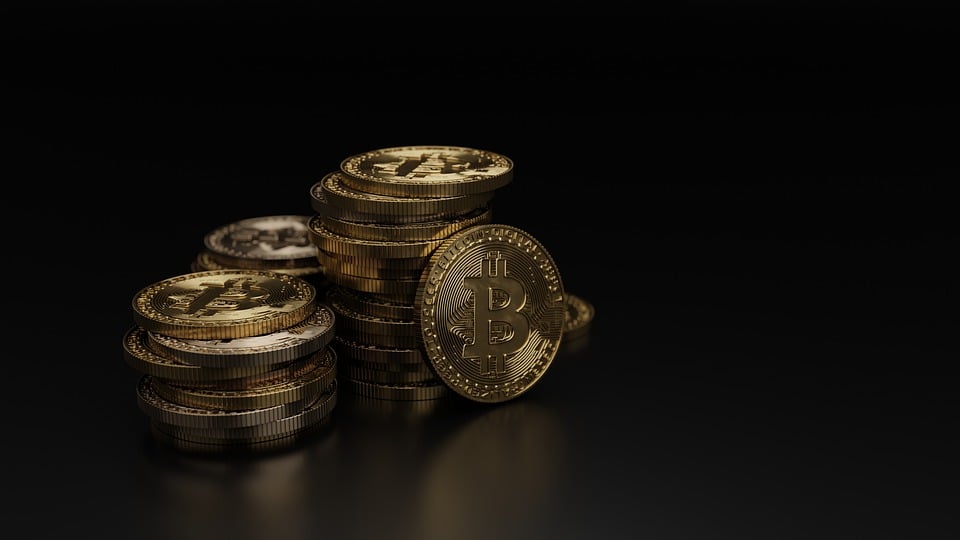Tokenization, beyond just cryptocurrency, is a concept that is gaining traction in various industries as a way to streamline processes, increase efficiency, and unlock new possibilities. While cryptocurrency remains a key use case for tokenization, the technology’s potential extends far beyond digital currencies.
In its simplest form, tokenization involves converting real-world assets into digital tokens that can be easily exchanged or transferred on a blockchain network. This digitization process offers numerous benefits, including increased liquidity, reduced transaction costs, improved security, and enhanced transparency.
One of the most promising applications of tokenization is in the realm of securities and asset management. By tokenizing traditional financial instruments such as stocks, bonds, and real estate, companies can provide investors with greater access to previously illiquid assets. This can democratize investment opportunities, making it easier for retail investors to diversify their portfolios and participate in previously exclusive markets.
Additionally, tokenization can facilitate the fractional ownership of assets, allowing investors to purchase smaller portions of high-value assets. This can open up new investment opportunities for individuals who may not have the financial means to invest in entire properties or businesses.
In the realm of supply chain management, tokenization can help streamline transactions and track the movement of goods, ensuring transparency and accountability throughout the entire supply chain. By assigning unique tokens to products and recording transactions on a blockchain, companies can easily trace the origin of goods, verify their authenticity, and prevent counterfeit products from entering the market.
Tokenization also has the potential to revolutionize the art world, where provenance and authenticity are paramount. By tokenizing art pieces, collectors can verify the ownership history and authenticity of artworks, ensuring that they are purchasing genuine pieces. This can help reduce fraud and theft in the art market, while also increasing transparency and trust among collectors and art dealers.
Overall, tokenization offers a wide range of use cases that go beyond just cryptocurrency. From securities and asset management to supply chain management and art authentication, the technology has the potential to revolutionize various industries and processes. As companies continue to explore the possibilities of tokenization, we can expect to see even more innovative applications that harness the power of blockchain technology to drive efficiency, transparency, and trust in the digital economy.



